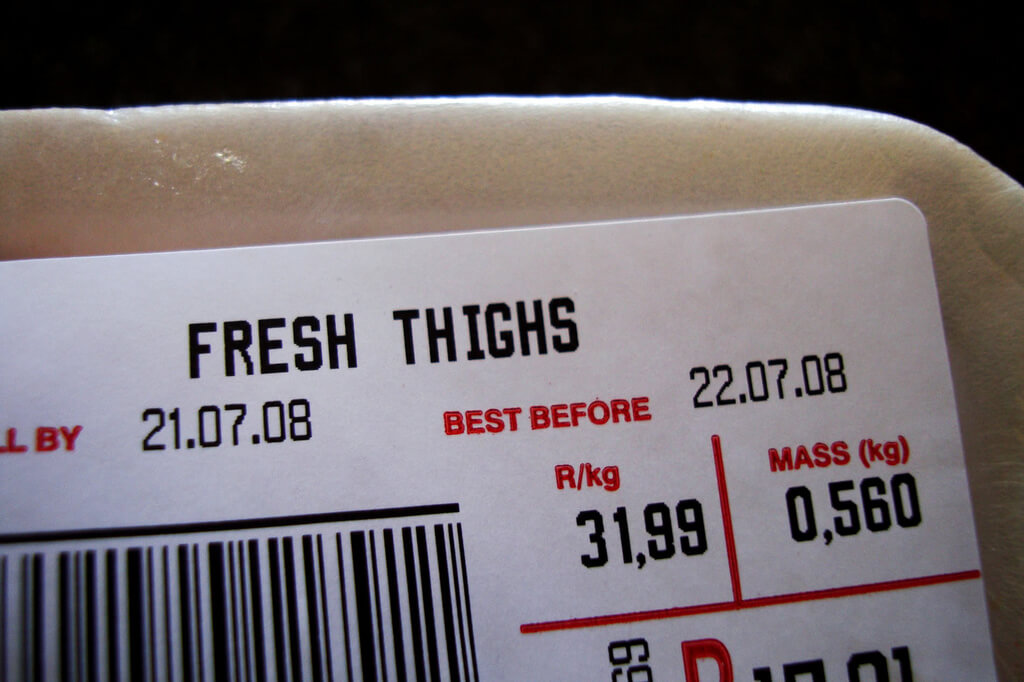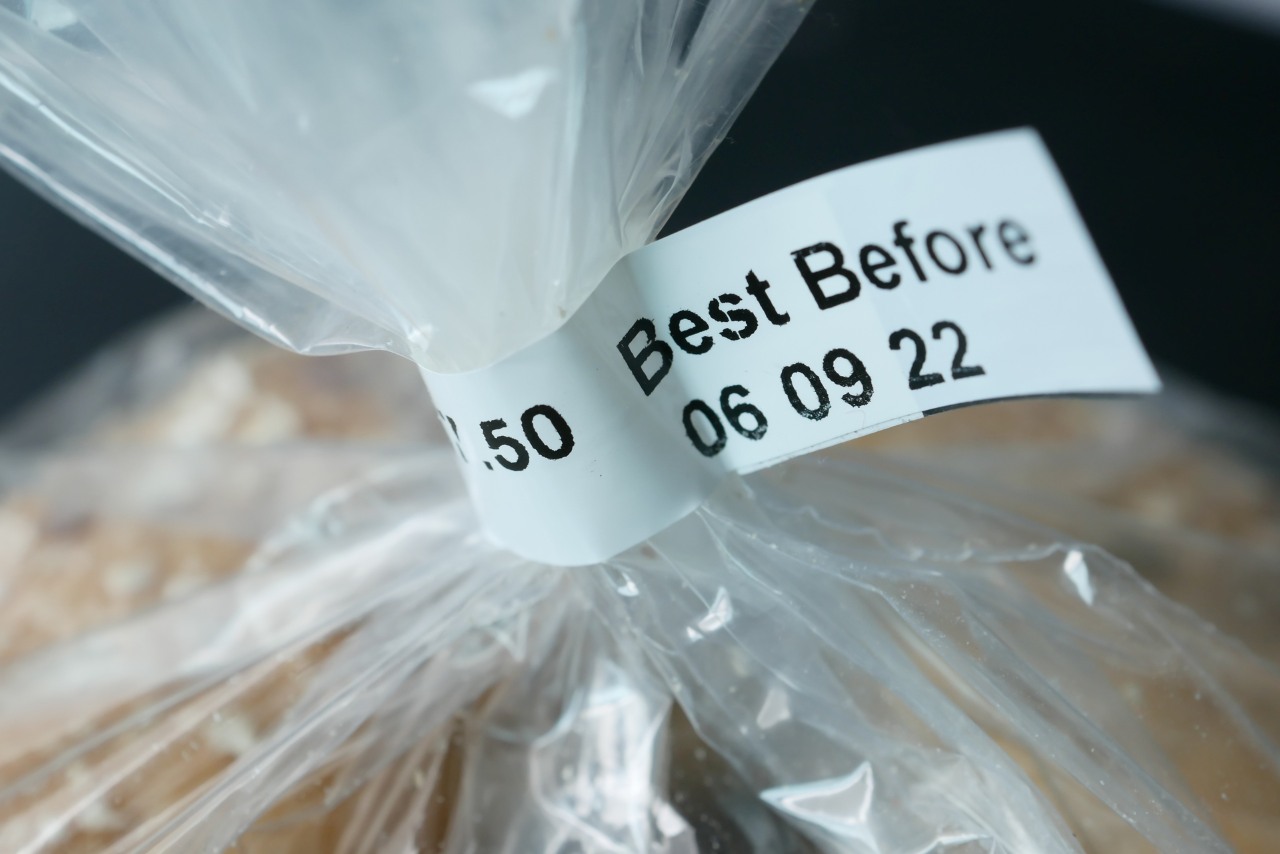Impact of Removing Best Before Dates on Food Waste

Food waste has become a pressing global issue, with millions of tonnes of edible produce discarded each year. Among the many factors contributing to this waste is the widespread confusion around "best before" dates. In recent years, there has been growing support for removing best before dates from certain products to tackle this issue head-on, as well as debates over how long you can store frozen food.
But what impact could this change to best-before dates have on food waste, consumer habits, and sustainability efforts? Let’s explore the implications and benefits of this bold move toward a more sustainable future.
Understanding Best Before Dates
Best before dates indicate the period during which a product is expected to retain its optimal quality, such as taste, texture, or freshness. Unlike "use by" dates, which are strictly related to food safety, best before dates do not mean the food becomes unsafe after the stated date.
However, many consumers misinterpret these labels, leading to perfectly good food being thrown away. This misunderstanding is at the heart of why removing best before dates could have a significant impact on food waste.
The Problem of Food Waste
Statistics on Food Waste
The scale of food waste is staggering. In the UK alone, households waste nearly 4.5 million tonnes of edible food each year, with much of it still perfectly safe to eat. Globally, food waste contributes to approximately 8-10% of greenhouse gas emissions, making it not just a financial issue but also an environmental one.
Role of Best Before Dates in Food Waste
Best before dates are often the culprit behind unnecessary food disposal. Many people discard food items as soon as this date passes, even though the products are still perfectly edible. The problem is exacerbated by inconsistent labelling practices across different manufacturers and retailers, which further confuses consumers.
Benefits of Removing Best Before Dates
Removing best before dates could help to shift consumer behaviour, reduce waste, and promote a more sustainable approach to food consumption.
Reducing Food Waste
By removing best before dates from non-perishable and long-lasting items—such as dry pasta, rice, and canned goods—consumers would be encouraged to use their judgement rather than relying solely on arbitrary dates. This simple change could prevent millions of tonnes of food from being needlessly discarded.
Promoting Sustainability
Reducing food waste has a direct impact on sustainability. It minimises the resources required to grow, transport, and store food, including water, energy, and labour. By wasting less, we also reduce the carbon emissions associated with decomposing food in landfills, contributing to a healthier planet.
Economic Benefits
The financial benefits of tackling food waste are significant for both households and businesses. Families can save money by making better use of their food, while retailers and manufacturers benefit from streamlined supply chains and reduced disposal costs.
Addressing Concerns About Food Safety

Food Safety Guidelines
A common concern with removing best before dates is the potential risk to food safety. However, this change would only apply to products where safety isn’t an issue. "Use by" dates would remain for perishable items such as meat, fish, and dairy, ensuring consumer safety is not compromised.
Educating Consumers
Education is key to making this change successful. By teaching consumers how to recognise signs of spoilage—such as changes in smell, texture, or colour—they can make informed decisions about food quality. Public awareness campaigns and clear labelling guidelines will play a crucial role in this effort.
Steps Toward Implementing Change
Advocating for Policy Changes
Governments and advocacy groups have a pivotal role in driving this change. By enacting policies that encourage or mandate the removal of best before dates on certain products, they can help reduce waste at scale.
Engaging with Retailers and Manufacturers
Retailers and manufacturers must also come on board, as their practices directly influence consumer behaviour. Collaboration across the supply chain will ensure a seamless transition to a system that prioritises sustainability without compromising food quality or safety.
How Fridge Trailers Help Reduce Food Waste
For businesses, managing perishable goods effectively is a crucial part of reducing food waste. Fridge trailers offer a practical solution for storing excess stock or transporting goods safely to prevent spoilage. Their versatility makes them ideal for handling surplus food during peak seasons or emergencies, ensuring that items stay fresh and usable for longer.
Final Thoughts
Removing best before dates from certain food products is a promising step toward tackling the growing problem of food waste. By shifting the focus from arbitrary labels to informed decision-making, we can prevent millions of tonnes of food from going to waste each year.
However, success depends on collaboration between governments, businesses, and consumers. Education, clear guidelines, and practical solutions—such as reliable cold storage—will be essential to making this change both effective and sustainable.
Whether you’re a business managing perishable goods or a household looking to waste less, embracing smarter food management practices benefits everyone. If you’re looking for ways to keep your food fresh and secure, rent a quality walk-in freezer in the UK and join the fight against food waste. Together, we can create a more sustainable future, one step at a time.
Got questions? Call 01635 250 950 or send us a message